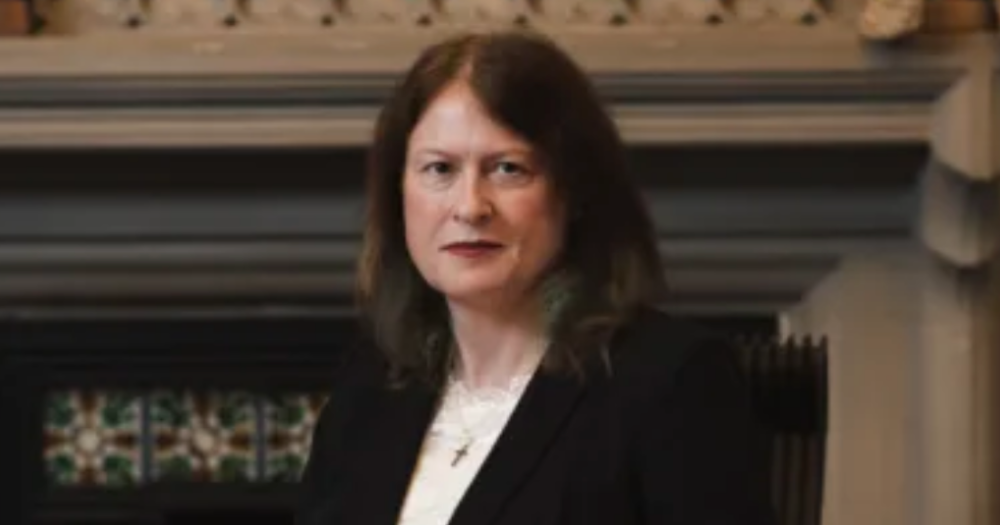Britain’s first trans judge, Dr Victoria McCloud, has begun proceedings against the UK government in the European Court of Human Rights, challenging the process that led to the Supreme Court’s recent ruling on the definition of ‘woman’.
Dr McCloud, who is now a litigation strategist at W-Legal after retiring from the bench, is seeking a rehearing of the case, with support from Trans Legal Clinic. She argues that the Supreme Court undermined her Article 6 rights to a fair trial when it refused to hear representation from her and did not accept evidence from any other trans individuals or organisations.
The dispute arises from an April ruling in which the Supreme Court declared that the legal definition of a woman under the Equality Act 2010 does not extend to transgender women holding Gender Recognition Certificates (GRCs). The judgment followed litigation brought by the campaign group For Women Scotland against the Scottish government.
Trans rights organisations and activists have expressed that the ruling has undone years of work and recognition for the trans community. After the announcement of the ruling, Scotland’s national LGBTQ+ organisation, Equality Network, wrote: “We are really shocked by today’s Supreme Court decision – which reverses twenty years of understanding on how the law recognises trans men and women with Gender Recognition Certificates.”
Transgender Equality Network Ireland (TENI) also issued a statement, saying it is “dismayed” by the judgment. “This is a step back for human rights in the UK, impacting all trans and intersex people, but particularly trans women. Any ruling which excludes and limits personal freedoms, access and participation in society, and recognition in the eyes of the law impacts us all.”
Reflecting on the impact of the ruling, Dr McCloud told The Independent: “It literally changed my legal sex for discrimination purposes, overnight. I think it becomes embarrassing to law, to have a situation where essentially the people who are the most affected in human rights terms don’t actually have any voice at any stage.”
In a stark statement issued shortly after the ruling, ministers in the UK declared that it “brings clarity and confidence for women and service providers such as hospitals, refuges, and sports clubs”. The statement added, “single sex spaces are protected in law and will always be protected by this government.”
The case before the European Court of Human Rights will centre not only on the substance of the Supreme Court’s ruling but also on the question of procedure, specifically, whether the voices of trans people were improperly excluded.
Did you know we have a team of wonderful runners taking part in this year’s Dublin Marathon and raising funds for GCN? You can support our athletes at this link.
© 2025 GCN (Gay Community News). All rights reserved.
Support GCN
GCN is a free, vital resource for Ireland’s LGBTQ+ community since 1988.
GCN is a trading name of National LGBT Federation CLG, a registered charity - Charity Number: 20034580.
GCN relies on the generous support of the community and allies to sustain the crucial work that we do. Producing GCN is costly, and, in an industry which has been hugely impacted by rising costs, we need your support to help sustain and grow this vital resource.
Supporting GCN for as little as €1.99 per month will help us continue our work as Ireland’s free, independent LGBTQ+ media.
